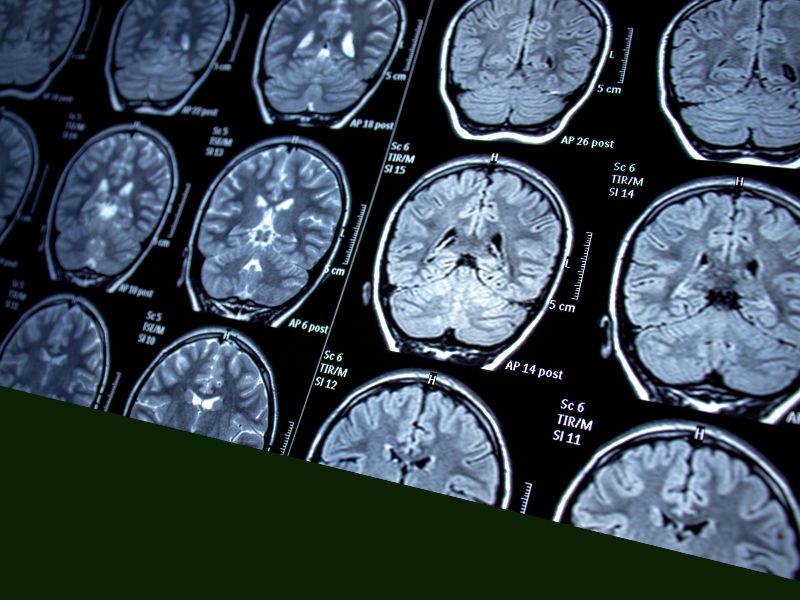Unlocking the Potential of CBN
As the world of cannabinoid science continues to evolve, lesser-known compounds like cannabinol (CBN) are stepping into the spotlight. Once considered merely a byproduct of THC degradation, CBN is now recognized for its distinct therapeutic properties. With growing interest among both researchers and clinicians, CBN is carving out a unique role, particularly in the management of sleep disorders, neurodegenerative conditions, and chronic inflammation.
CBN and Sleep: A Promising Natural Solution
One of the most well-established uses for CBN is in promoting restful sleep. Unlike THC, which produces strong psychoactive effects, CBN offers a gentler, more relaxing experience that seems especially effective when combined with low doses of THC. A 1975 human study published in Psychopharmacology first noted that CBN enhanced the sedative effects of THC, promoting longer and more restorative sleep.
More recent observational reports and clinical feedback suggest that CBN, when paired with THC or even CBD, helps people fall asleep faster and stay asleep longer. This has made CBN a popular ingredient in sleep-focused cannabis formulations, particularly for individuals struggling with insomnia and sleep maintenance issues.

Neuroprotection and Mitochondrial Health: New Frontiers for CBN
Beyond its calming effects, CBN is gaining attention for its neuroprotective capabilities. A 2022 study published in Redox Biology explored CBN’s role in supporting mitochondrial function, particularly within the nervous system. The researchers found that CBN helps preserve mitochondrial integrity and prevents oxidative stress-induced damage to nerve cells. These findings are particularly exciting for conditions such as Huntington’s disease, Parkinson’s disease, and age-related neurodegenerative disorders, where mitochondrial dysfunction plays a critical role in disease progression.
By preserving neuronal energy production and reducing oxidative stress, CBN may offer significant protective benefits for brain health. While human trials are still needed, this emerging research opens the door to new therapeutic strategies for combating neurological decline.
Anti-Inflammatory Effects: A Natural Ally Against Chronic Inflammation
Chronic inflammation is at the root of many health issues, from autoimmune diseases to metabolic disorders. Research has shown that CBN exerts anti-inflammatory effects by modulating inflammatory cytokines and reducing immune system overactivation. A study in Bioorganic & Medicinal Chemistry found that CBN reduced inflammation in rodent models of arthritis, highlighting its potential as a therapeutic agent for managing inflammatory conditions like rheumatoid arthritis and irritable bowel syndrome (IBS).
In clinical practice, some healthcare providers are seeing positive responses in patients using CBN for inflammatory conditions, particularly when combined with other cannabinoids like CBD and CBG.
Appetite Stimulation: Gentle Support Without Intense Psychoactivity
While THC is famous for stimulating appetite, CBN may provide similar—albeit milder—benefits without the intense psychoactive effects. A study in Psychopharmacology demonstrated that CBN increased food intake in animal models. This makes CBN an intriguing option for individuals experiencing appetite loss due to chronic illness, cancer therapies, or eating disorders.
CBN’s gentle appetite-boosting properties could help patients maintain healthier body weight and nutritional status without experiencing the strong “high” associated with THC.
Antibacterial Properties: Combating Resistant Infections
One of the more surprising discoveries about CBN is its potent antibacterial activity. In a groundbreaking study published in the Journal of Natural Products, CBN demonstrated significant antibacterial effects against antibiotic-resistant bacteria, including MRSA (Methicillin-resistant Staphylococcus aureus). With antibiotic resistance becoming a global health crisis, cannabinoids like CBN may play a vital role in developing new antimicrobial therapies.
While clinical trials are still needed to confirm its effectiveness in humans, this research suggests that CBN could one day serve as a complementary or alternative treatment for certain bacterial infections.
Muscle Relaxation and Pain Relief: Easing Tension and Discomfort
CBN also shows promise as a muscle relaxant and mild analgesic. Though these effects are not as strong as those of THC or traditional pain medications, combining CBN with other cannabinoids appears to enhance its effectiveness. For individuals managing chronic pain conditions like fibromyalgia, multiple sclerosis, or general muscle tension, CBN may offer a gentle, plant-based option to reduce discomfort and promote relaxation.
Patients have reported experiencing decreased muscle spasms and a calming, body-focused relaxation when using CBN-rich formulations. This makes it a promising candidate for inclusion in multi-cannabinoid pain management strategies.
A Versatile Cannabinoid with Expanding Possibilities
As research continues to unfold, CBN is proving to be far more than a sleepy byproduct of aged cannabis. Its diverse range of therapeutic properties—from promoting deep sleep and supporting brain health to reducing inflammation and easing muscle tension—position it as a valuable tool in modern integrative medicine.
With additional human trials on the horizon and growing interest from the scientific community, CBN may soon become a mainstream option for managing sleep disorders, chronic inflammation, neurological conditions, and more. For those looking for gentle, effective relief without the intense psychoactivity of THC, CBN stands out as a cannabinoid worth exploring.

















